Keywords: Publishing
There are more than 200 results, only the first 200 are displayed here.
-
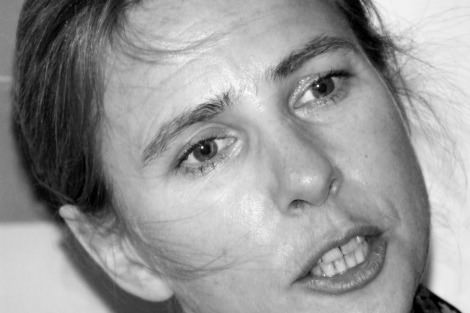
RELIGION
- Yen-Rong Wong
- 12 September 2017
5 Comments
A little over a year ago, Lionel Shriver delivered the opening address at the Brisbane Writers Festival, deriding political correctness and defending the practice of cultural appropriation by white writers. This year's festival didn't attract real controversy, but the memory of last year still lingered, and it's clear that parts of that mentality live on.
READ MORE 
-
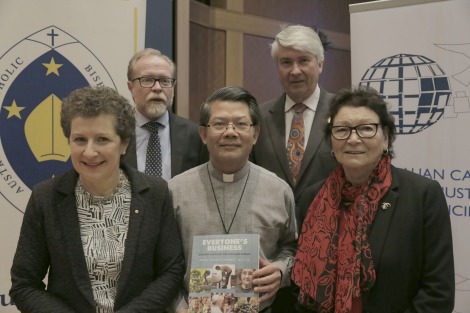
RELIGION
- Frank Brennan
- 11 September 2017
2 Comments
The real call of Everyone's Business is to move beyond them and us to admitting that there is only us. If we are truly to build an inclusive and sustainable economy, it can't be just those in full time paid employment who are part of that economy. We take seriously the principles of neo-liberalism, letting the market decide. But we set limits on the market for the common good.
READ MORE
-
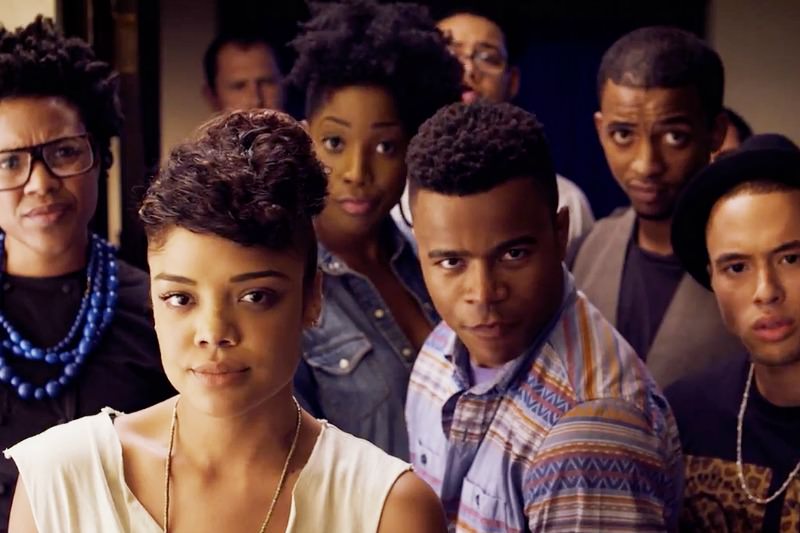
AUSTRALIA
I hung out with a group of Indian-Australians while I was a university student who called themselves 'curries', but the unspoken camaraderie that ensued from this self-identification stood in stark contrast to that time I was called a 'f***ing curry' by a passing car full of white people. You often hear from white people that they can't be called 'white' because that too is racist language. This reflects a flawed assumption that societal structures advantage and disadvantage people in the exact same way.
READ MORE 
-
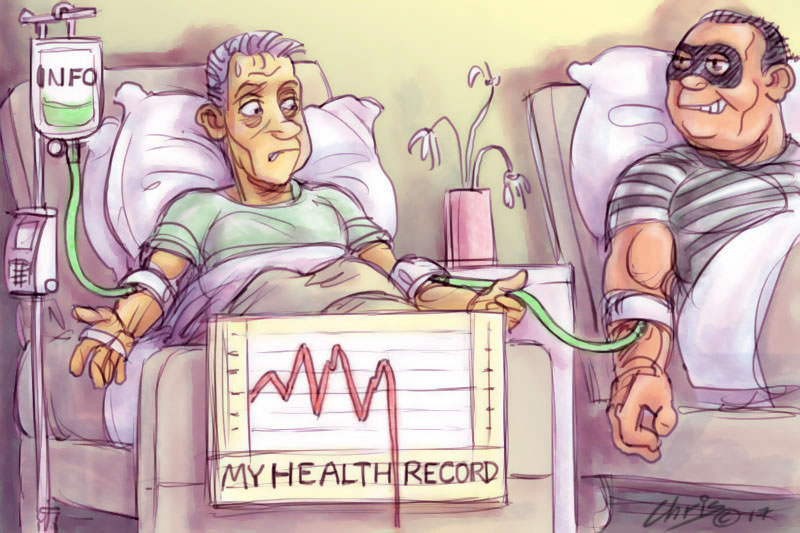
AUSTRALIA
Plagued by sluggish uptake, clinician reticence and a substantial privacy backlash, the $1.2 billion My Health Record has proven, thus far, something of a lemon. The putative benefits of an electronic health record have been expounded at length by the government. But for success there must be buy-in, and for buy-in, there must be trust, according to the Productivity Commission. Both are lacking, and it is important to consider why.
READ MORE 
-

RELIGION
- Frank Brennan
- 26 June 2017
6 Comments
Here in Ballarat, you know better than most other Catholics that respectful relationships in the church community have been rent asunder by the depredations of child sex offenders whose exploits went unchecked by those ordained to exercise tradition, authority, teaching and discipline. We will strengthen respectful relationships only with a voluntary commitment to truth, justice and healing — and not one forced by a royal commission or public odour.
READ MORE
-
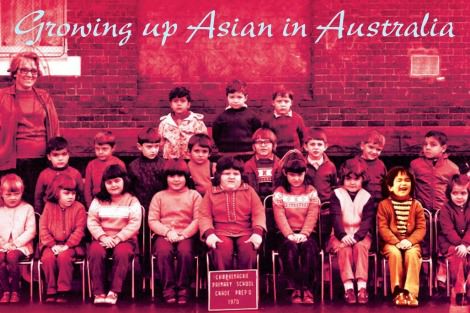
AUSTRALIA
I was told in grade nine I shouldn't bother trying out for the lead of our school play, The Wizard of Oz, because there's no way Dorothy would be Asian. Though I had no intention of trying out for the play, the fact that she told me not to bother made me arc up. The reason she gave - my incongruous Asianness - made me feel angry and ashamed. Angry because it was stupid and unfair. Ashamed because it felt somehow like it was my fault for not being white enough.
READ MORE 
-

AUSTRALIA
- Paul Mitchell
- 18 May 2017
7 Comments
I was 16 and playing senior football for my local team the first time I doubted whether it was the sport for me. At training, the men's talk turned to the various ways they liked to 'take' their wives. They spoke as if the women in their lives were of a different species. I looked at my friend. We had girlfriends and had never spoken to each other about them in this way. That was in 1984. The abuse of Marc Murphy's wife in the Carlton vs St Kilda match last Saturday shows not much has changed.
READ MORE 
-

RELIGION
- Frank Brennan
- 17 May 2017
As the Church of 2030, we need to be more attentive to the contemplation of believers and our experience of spiritual realities, as well as the preaching of the church. Pope Francis has no time whatever for the notion of the Church as a perfect society. But, there is no way that Francis wants to abandon the ideals and the commitment to truth and justice so well exemplified by his predecessors John Paul II and Benedict.
READ MORE
-

AUSTRALIA
Next year marks four decades since promulgation of the seminal Declaration of Alma Ata, which declared health to be a fundamental human right and laid the foundations for what are now widely championed as the social determinants of health. Without action on the social determinants, health policy can be a little like that joke about the cyclopean orthopod who, when confronted with a patient suffering fatal internal bleeding, is interested only in fixing their broken leg. So it is with last week's Budget.
READ MORE 
-

RELIGION
- Frank Brennan
- 15 May 2017
The reconciliation of this vertical relationship is possible only through the mediation of Jesus who embodies, lives and dies the reality of this reconciliation. He puts us right with our God and thereby establishes the basis for right relationship with each other. In many countries such as Australia, Timor Leste and South Africa, the public rhetoric and programs for reconciliation have, at least in part, been informed and underpinned by this theological perspective.
READ MORE
-

RELIGION
- Frank Brennan
- 08 May 2017
1 Comment
Our Church is presently a strained, outdated social institution with an exclusively male hierarchy and clergy. But it is also the privileged locus for us to be called to the banquet of the Lord sharing theology and sacrament which have sustained the hearts and minds of similar pilgrims for two millennia. Thank God for Pope Francis who is showing us the way, helping us to find meaning in our changing and chaotic world, putting a fresh spring in the step of all those Catholics holding in tension the prophetic and the practical, the theological and the humanist, the tradition and the contemporary reality.
READ MORE
-
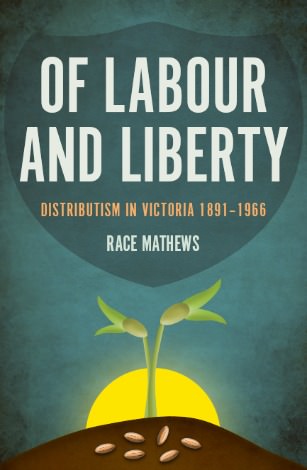
RELIGION
- Andrew Hamilton
- 05 April 2017
6 Comments
It can be disconcerting to hear our family history told by a sympathetic outsider. I found Race Matthews' new book that treats Catholic engagement in public social issues fascinating in that respect. Matthews' perspective is that of a member of the Labor Party who admires Catholic Social Teaching, especially its commendation of the communal ownership of business enterprises. He sees the possibilities this presents for the reform of Australian society, particularly if adopted by the Labor Party.
READ MORE 